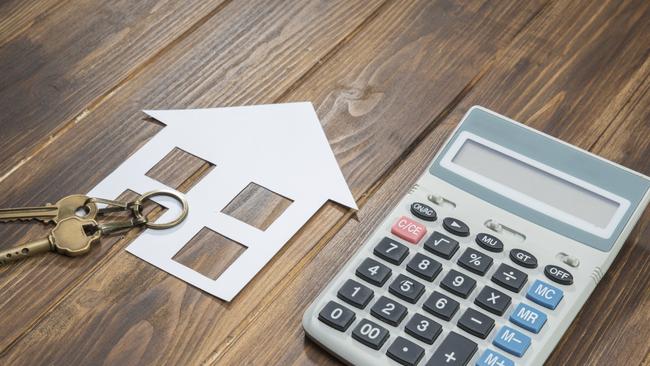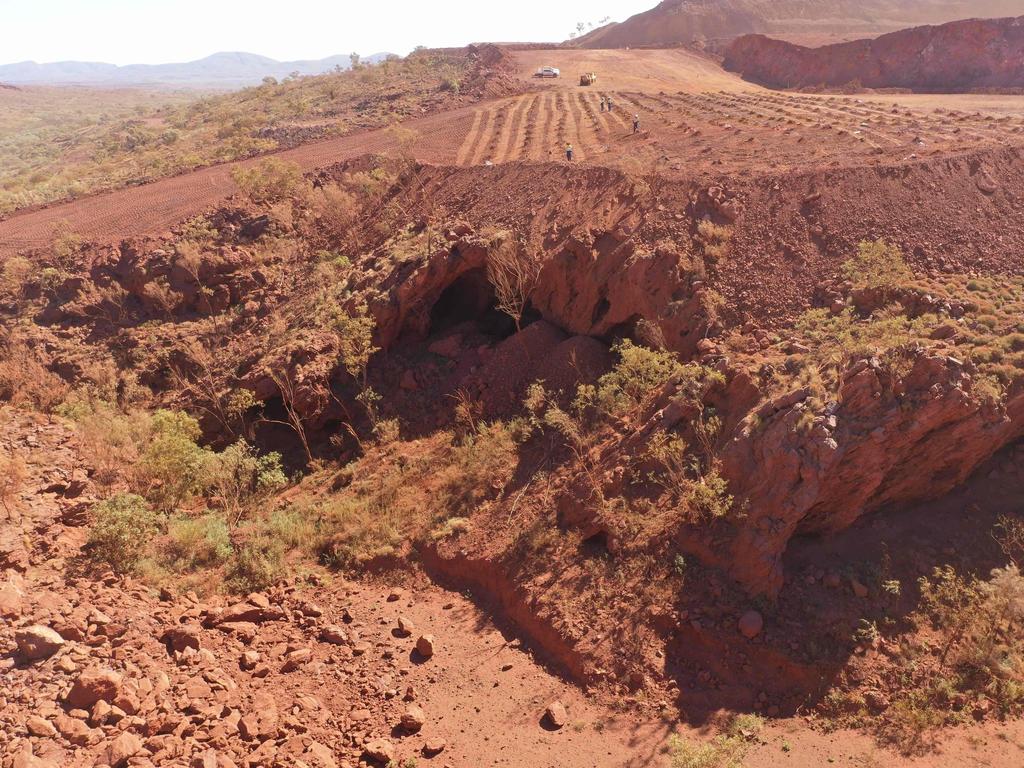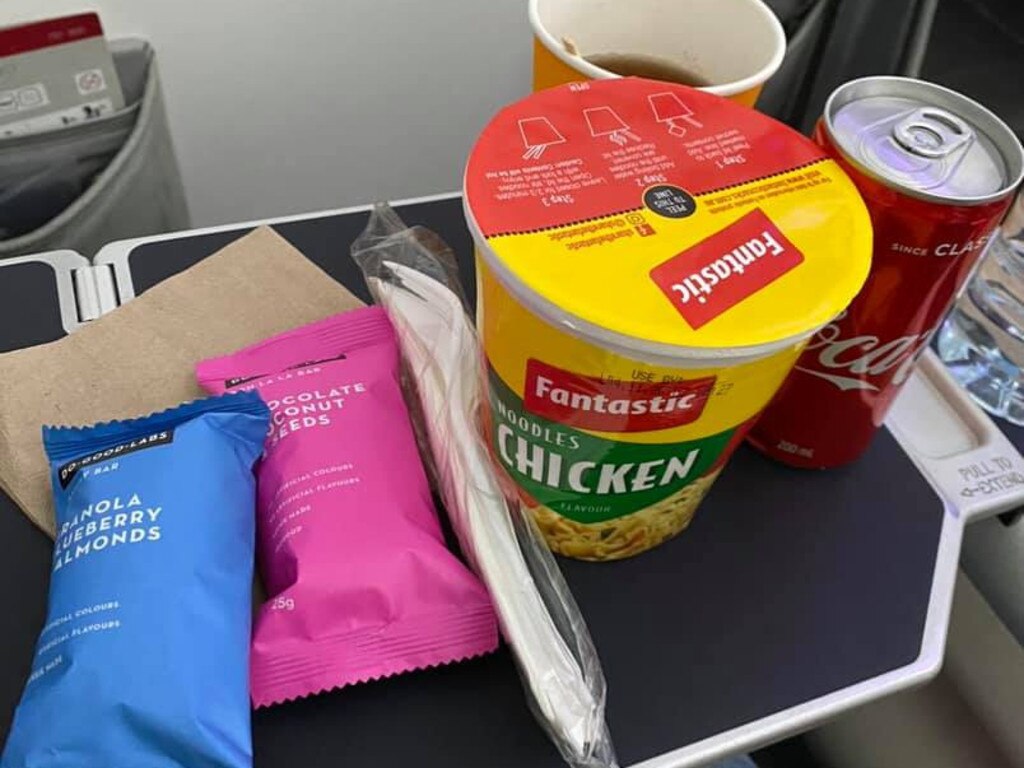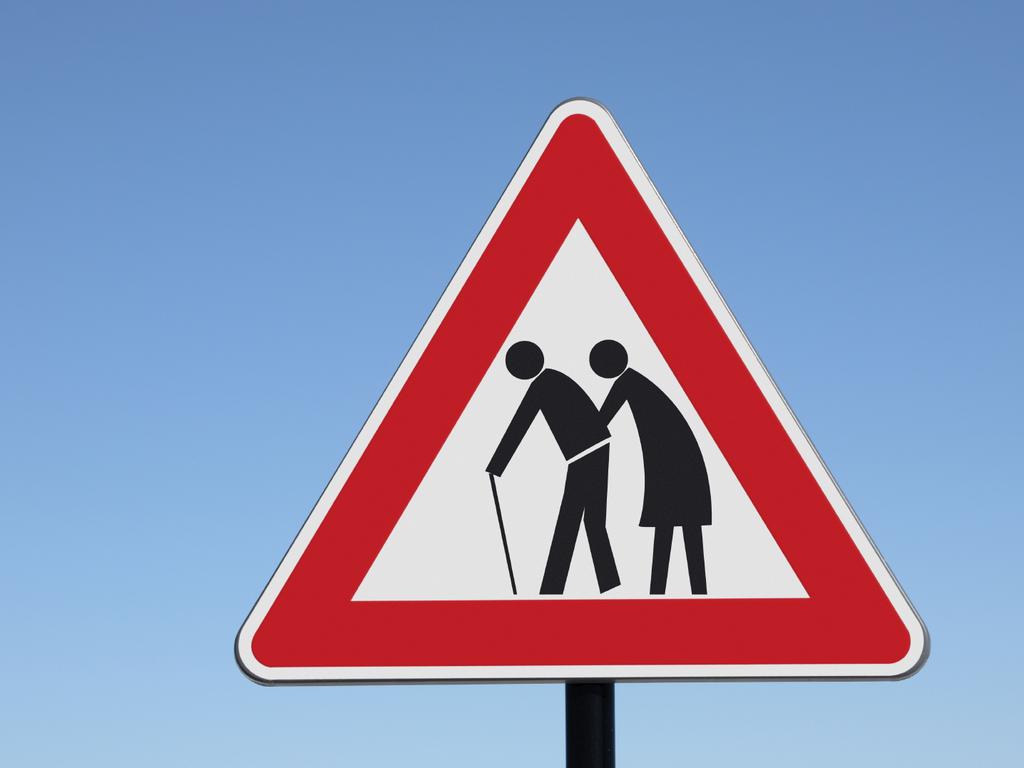
One of the biggest issues is the plan to have lifetime portability in super funds for all workers. Under the budget plan, once you have been defaulted into a super fund — or actively chosen one — you may keep, or “staple”, the fund with you for your entire career.
However, more than four million Australians already have two or more super funds, invariably after they were “defaulted” by different employers into different schemes. The question now is which fund gets to be the one that stays with the worker for life?
Industry sources on Monday said that Treasury briefings indicated funds with the “most activity” will get to win the default business in the future.
The principle of an “activity measure” is already up and running since the government brought in new rules in 2019 where the Australian Taxation Office has the power to consolidate inactive individual accounts worth under $6000.
However, many questions remain unanswered about the ambitious new portability scheme.
The Australian Institute of Superannuation Trustees has already warned there is a danger of salary earners being stapled to underperforming funds, along with a risk workers may “find themselves uninsurable because they are stapled to a fund whose insurance does not cover their occupation”.
Separately, questions have also emerged around new incentives released in the budget for the housing market, such as: How will the banks sort out the queues for the First Home Loan Deposit Scheme, where an extra 10,000 places have been added?
The scheme allows a first home buyer to buy a house with just a 5 per cent deposit, subject to a range of conditions, But it is unclear if those who applied and were not successful in the first round of the scheme would be higher in the queue than new applicants to the scheme.
In a new round of grants due to commence on July 1, 2021, price caps for the scheme were lifted, allowing Sydney buyers to purchase a $950,000 home. The previous limit was $700,000 and buyers were not restricted to new builds.
Melbourne’s home price cap will lift to $850,000 from $600,000, while Brisbane will lift to $650,000 from $475,000.
At the same time the budget also spelt out the financing plan for the HomeBuilder scheme which is due to close in December this year — but regional issues may need to be resolved.
Under the HomeBuilder scheme those planning a new home or a major renovation can get up to $25,000; the applicants must earn less than $125,000 individually or $200,000 a couple. For home builders the property must be less worth than $750,000, while renovations have to be between $150,000 and $750,000 on property worth less than $1.5m.
The Housing Industry Association has made a public call for special exemptions for Victoria-based applicants. HIA executive director Victoria, Fiona Nield, has suggested locked-down Victorian home buyers had not been able to visit properties for sale or visit display properties.
Nield has asked the Victorian government to lobby the federal government to extend the closing scheme in the state for three months, to “at least” March 31, 2021.








A range of unfinished business from the federal budget is causing confusion across both superannuation and housing, with access and eligibility for a range of new schemes under question.